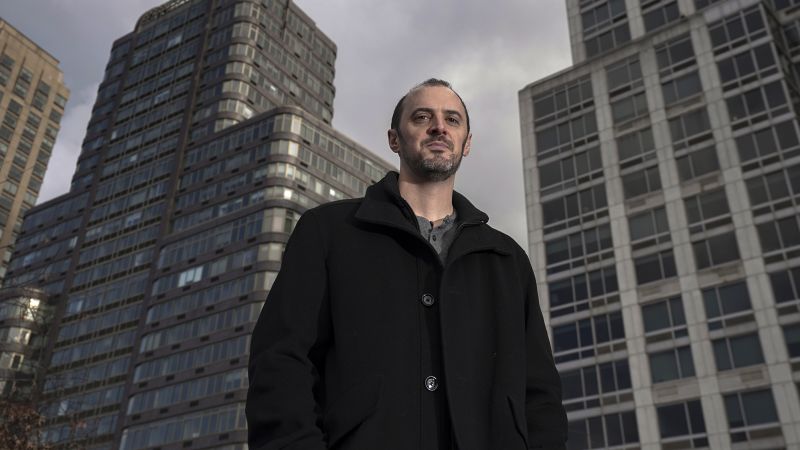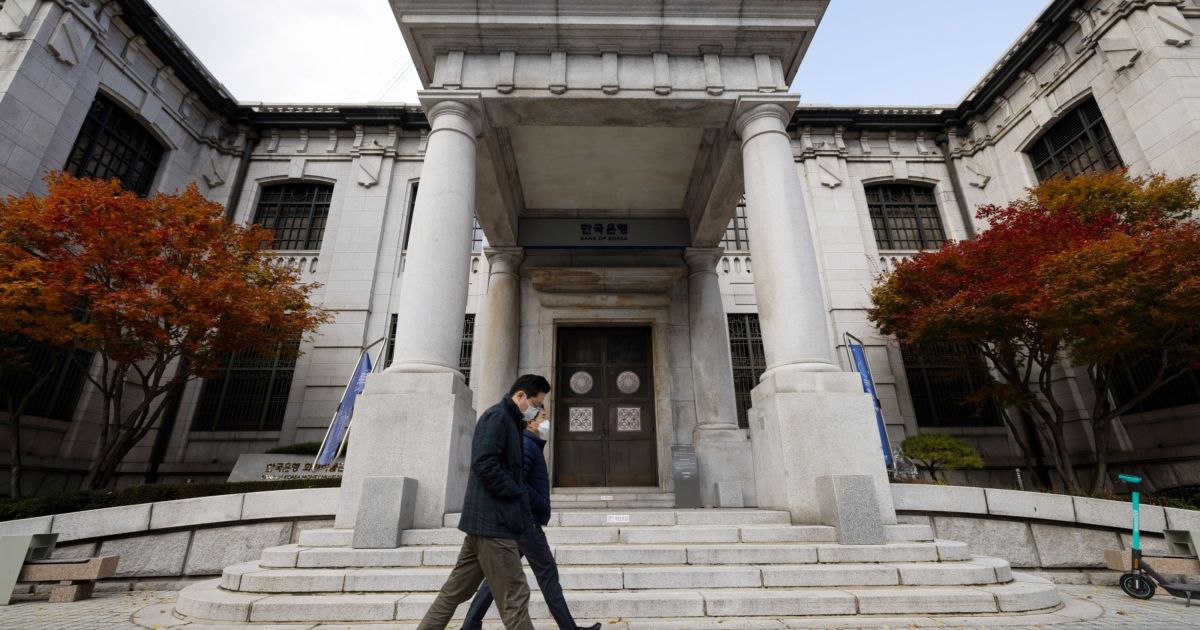Why a tiny American firm is taking aim at an Indian conglomerate | CNN Business
Editor’s Note: A version of this story appeared in CNN Business’ Nightcap newsletter. To get it in your inbox, sign up for free, here.
New York
CNN
—
Asia’s richest man is in the crosshairs of a research firm whose very name evokes panic.
Hindenburg Research — named after the 1937 airship disaster — is a relatively young, small New York financial researcher known for taking bold bets against high-flying corporations that it believes are overvalued, fraudulent, or both.
Last week, Hindenburg stunned investors when it released a report based on what it said was a two-year investigation into the Adani Group, one of India’s largest multinational conglomerates.
The report and the selloff it sparked — erasing some $70 billion in market value across Adani Group companies — is renewing concerns about the group’s corporate governance, as well as stoking debate about the often-chaotic role short-sellers like Hindenburg play in financial markets.
Gautam Adani is a 60-year-old tycoon who founded the Adani Group over 30 years ago, building it into India’s largest port operator, with businesses spanning infrastructure and energy production. He became India’s richest man a year ago, and briefly surpassed Jeff Bezos to become the world’s second-wealthiest.
The Hindenburg report, which the Adani Group dismissed as baseless, accuses the conglomerate and Adani himself of pulling off “the largest con in corporate history.”
Hindenburg accused the company of “brazen stock manipulation” and accounting fraud that’s taken place over decades. Hindenburg said Adani Group shares are massively overvalued, and it has taken a short position (more on that in a minute) on them, meaning Hindenburg wins when Adani shares fall.
The Adani Group shot back, calling the Hindenburg report “nothing but a lie.”
In a more than 400-page rebuttal, the Adani Group said Hindenburg’s shorting of overseas-traded bonds and derivatives amounted to securities fraud, and that the report was an attack on India.
In a rebuttal of that rebuttal, Hindenburg said “fraud cannot be obfuscated by nationalism,” and that the Adani Group had ignored “every key allegation we raised.”
Adani’s defenses and denials of wrongdoing haven’t been enough to stem the bleeding.
Since the release of Hindenburg’s report last week, the group has lost more than $70 billion of its stock market value, my colleague Diksha Madhok reports. Adani’s own personal net worth has also plummeted by some $30 billion, according to the Bloomberg Billionaires Index, though he remains the among the wealthiest people on the planet, with $92 billion to his name.
In its most basic form, short-selling is an investing tactic premised on a stock (or other security) losing value.
To put it in non-financial terms: Let’s say there’s a football game on Friday night, and your friend has a ticket. But you suspect the price of tickets may fall due to lack of demand on game day. So you borrow the ticket from your friend, for a small fee, and promise to have it back to them in time for kickoff. Right away, you sell the ticket you borrowed for 50 bucks, betting that by game day the cost of a ticket will be less than $50. And sure enough, bad weather keeps people at home and the stadium starts slashing prices. You buy a ticket for $30, give it to your friend, and pocket the $20 difference (minus whatever fee you paid your friend for the privilege of borrowing.)
In practice, firms that specialize in short-selling are often among the most reviled. If the world of Wall Street is a craps table, where one player’s winnings boost everyone else’s, short-sellers are the guys betting against the table.
Short-sellers argue that their work plays an important watchdog role, exposing fraud and keeping assets from becoming over-inflated.
“Critical, adversarial research is needed because Wall Street is a finely tuned machine, built to sell securities to the public, regardless of quality,” Hindenburg wrote in a 2021 report. “The corporate world is rife with fraud, and investors have little protection.”
And to their credit, short sellers were key to exposing major market frauds like Enron in 2001 and the systemic mortgage fraud that nearly cratered the global economy in 2008.
Of course, there’s nothing to stop bad actors in the short-selling world from making exaggerated or bogus claims about a company to try to turn a quick profit.
Hindenburg is a short-seller that specializes in forensic financial research, founded in 2017 by Nathan Anderson.
And yes, it is named after the Hindenburg:
“We view the Hindenburg as the epitome of a totally man-made, totally avoidable disaster,” its website states. “We look for similar man-made disasters floating around in the market and aim to shed light on them before they lure in more unsuspecting victims.”
It’s sort of like a bunch of investigative journalists, except without all the ethical baggage. (Journalists cannot retain a financial interest in their subjects; short-sellers like Hindenburg almost always do.)
Hindenburg won its reputation as a bloodhound for financial malfeasance in 2020, when it accused electric vehicle maker Nikola of lying to investors about its truck’s capabilities. Nikola’s founder was eventually convicted of fraud.
Adani Group’s top lawyer said the company was considering legal action against Hindenburg. In response, Hindenburg tweeted that it would welcome such action and that it stands by its report.
Meanwhile, the negative press comes at a tricky time for Adani, who is aiming to raise $2.5 billion by issuing new shares in Adani Enterprises this month. The offer will close on Tuesday.
Enjoying Nightcap? Sign up and you’ll get all of this, plus some other funny stuff we liked on the internet, in your inbox every night. (OK, most nights — we believe in a four-day work week around here.)




